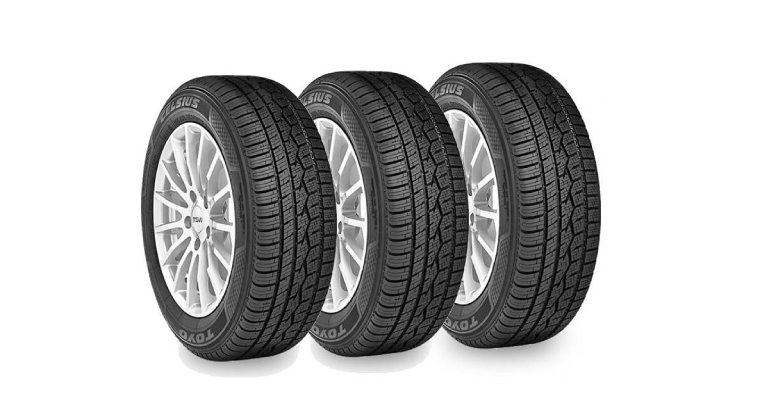
While some parts of the world experience slightly cold winters and slightly hot summers, in other regions, their winters and summers are icy and very hot, respectively. So, when shopping for tires, it is essential to know when to choose summer, winter, or cheap all weather tires for your car.
Winter roads are covered with snow, making it hard for vehicles to brake and easy for them to slide. Therefore, for maximum safety, car owners are advised to choose their car tires wisely, and that may involve choosing cheap all weather tires to avoid regular changing of tires every season.
1. What Type Of Tires Do You Need In Winter?
There are different types of tires, and all are designed with different characteristics to fit the climate they drive on. It is confusing to hear seasonal tires and cheap all weather tires because they seem to have the same meaning. However, these tires are different in many ways. Take a look at some of the differences.
a. Weather
All-season tires can drive on warm, dry, and wet weather, while all weather tires Canada are best for mild winters. These tires can comfortably move on wet roads and also on roads with light snow. Winter tires are designed especially for harsh winters. If your area experiences snow or ice on the road, you will need winter tires, not all-weather or all-season.
b. Temperatures
These tires are designed for areas with a specific temperature range. For example, all-season tires are okay on roads with temperatures higher than 7°C, which means that these tires are more favorable in warm climates.
Cheap all weather tires can drive on areas slightly above and below 7°C. Winter tires are for harshly cold areas with temperatures below 7°C.
c. Tread Pattern
The tread pattern of all-seasons tires is straight with shallow tread depth. This pattern provides grip during hot temperatures as well as in mild temperatures.
Cheap all weather tires have a mixture of treads. The large blocky treads are made for pushing away snow and water on the road to provide smooth drives. Its tracks also provide grip for cold roads, which increases the stability of the tire.
The blocky treads on winter tires have fine slits. This makes it hard for the snow to stick on the tire, reducing its grip. The fine slits are also suitable for pushing slush.
d. Rubber Texture
All-season tires are mainly made for warmer climates. Therefore they have a hard and long-lasting rubber. This ensures there is a continuous grip on the warm pavements.
All weather tires Canada have a rubber that remains flexible in all its temperature ranges. However, during extremely cold seasons, rubber contracts and stiffens. This reduces traction on tires and can be dangerous.
To prevent this from happening, winter tires have soft rubber for flexibility. It ensures a good grip on snow.
2. Winter Tires
Winter tires are preferred for use during winter climates. This is because they have big blocky treads, essential for slushing and moving water on the road. In addition, its rubber is soft and flexible to prevent stiffness that occurs during cold weather.
It is not advisable to drive on these tires during hot weather because the soft rubber can quickly wear and tear. That is why you should change winter tires with summer or all-season tires when the winter season is over.
3. All-Weather Tires
These tires combine winter and summer tires characteristics, but the features are more of cold weather. You can use cheap all weather tires Canada all year without needing to change them, unlike winter tires. The disadvantage these tires have is that they have a short life. Their tread warranties are shorter than the others.
4. All-Season Tires
All-season and all-weather tires are confusing for most people especially those who buying tires for the first time. However, these ties are designed to be used in spring and summer, but not the best for the winter season. They are mainly driven on areas with over 7°C, and below that, they lose grip, which is essential. In addition, their rubber is hard, unlike that of winter tires that are soft for flexibility when moving on the ice.
The type of tires you choose entirely depends on the extremes of the weather conditions in the regions you drive around. If your winters are mostly snowy and ice on the road, go for winter tires Canada. Warm temperatures will require all-season tires, and you will need to purchase all weather tires Canada for mild winters.


